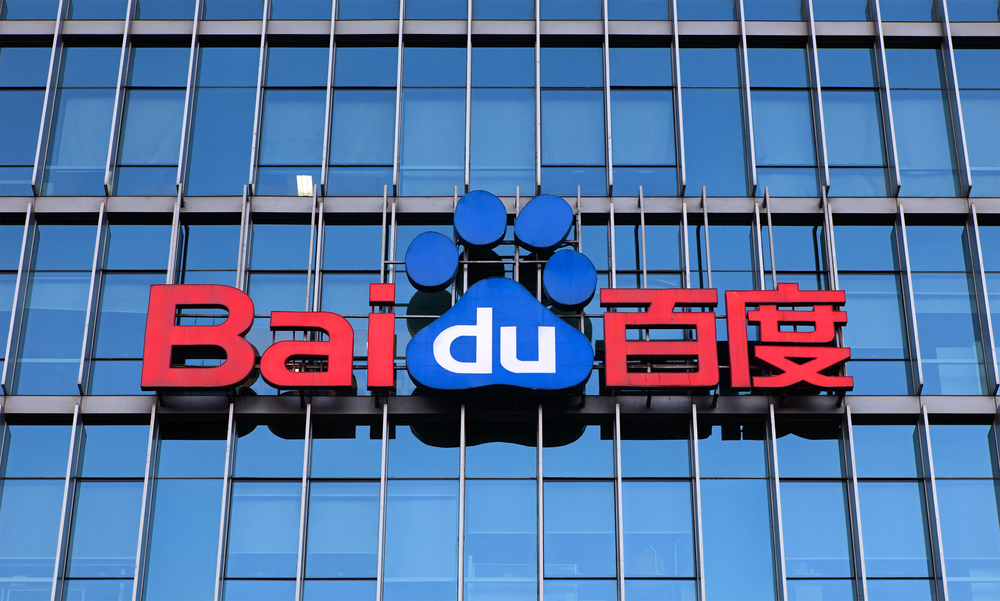Imagine this: You sign up for a cloud storage service thinking you’ll only be using the company’s servers. But then without asking, your provider not only takes up your computer’s storage space, but also uses your internet bandwidth to distribute files.
This is what recently happened to users of Baidu Cloud, or Baidu Wangpan, when users were enrolled in a new incentive program by default. Users say they were offered award points in exchange for the use of up to 1MB/s of their internet upload bandwidth and 5GB of storage space for seven hours a day. Users can disable the function, but only if they go into settings and uncheck the option themselves.
Baidu says it’s making use of peer-to-peer (P2P) delivery technology. This means Baidu stores files it hosts on a user’s computer. When another user wants to download those files, they can be transmitted directly from one user’s computer to another without touching Baidu’s servers. It’s designed to prevent a single server from becoming overloaded. But as anyone who has used BitTorrent knows, the downside of P2P is that it eats into the computer’s upload bandwidth and can slow down internet speeds.
While Baidu isn’t the only one using the technology, it triggered an uproar from users who accuse the company of deceiving its customers.
“If the problem hadn’t been exposed now, we simply wouldn’t know that Baidu is occupying our bandwidth, opting in [the function] by default, and not notifying users,” one Weibo user commented.
“All you need is to keep doing it for 25.8 years and you’ll be able to redeem [an iPhone X], such a good deal!” a Zhihu user sarcastically wrote, referring to Baidu’s award program.
Baidu apologized in an evening Weibo post on Monday, saying that it would remove all users from the incentive program.
Read this: Police arrest suspect in case involving hack of premium Baidu cloud storage services
“Please rest assured that the user incentive program uses peer-to-peer (P2P) transmission technology to improve users’ online video viewing experience and mobile download speed,” the company said. “P2P transmission technology is very mature and widely used. Security is fully protected.”
P2P sharing is also used in other popular services, such as Microsoft’s Windows 10. It allows users to receive Windows updates from other PCs in a user’s local network or those on the internet that are downloading the same files. Users who want to turn off the option have to adjust their Windows settings.
While Baidu is best known as China’s biggest search engine, its cloud service is increasingly gaining ground. Baidu’s AI Cloud recently beat Amazon to take third place in the country’s cloud infrastructure market, trailing only Tencent and Alibaba.
